“What goes around, comes around.” You’ve likely heard this before, but have you thought of how it applies to your close relationships?
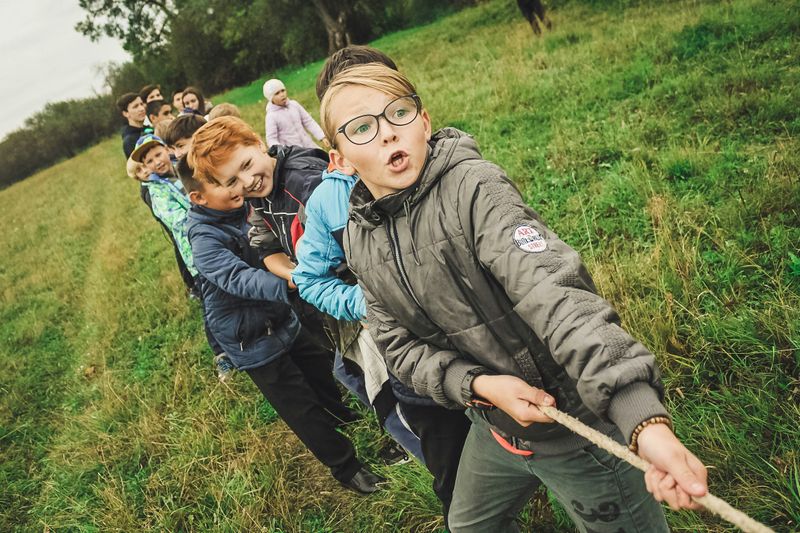 Photo by Anna Samoylova on Unsplash
Photo by Anna Samoylova on UnsplashIn any close relationship, it’s natural to want both people to put in similar effort — whether that’s through spending time together, showing care, or being emotionally supportive.
But...
What happens if the receiver doesn't get anything back? Or they do get back something of lesser value? These are all examples of negative reciprocity.
What is negative reciprocity?

Negative reciprocity happens when someone gets the better end of a deal in a relationship — they take more than they give. Think of it like getting something for free or paying very little for something valuable. The goal is to benefit yourself without being fair to the other person.
Here's a simple example of what negative reciprocity can look like between friends:
Ella always asks her friend Lina for help — like driving her places, borrowing money, or listening to her problems. But when Lina needs support, Ella makes excuses or disappears.
What's really going on here?
Ella keeps taking from the friendship but doesn’t give back equally. She's gaining more than she gives, which is negative reciprocity.
Negative reciprocity happens when an exchange is unequal.
It's a cycle where one negative action leads to another.
It may or may not be intentional, but it often damages trust and connection.
One person gains more, while the other gives more.
The benefit is clearly one-sided.
Why does negative reciprocity happen?
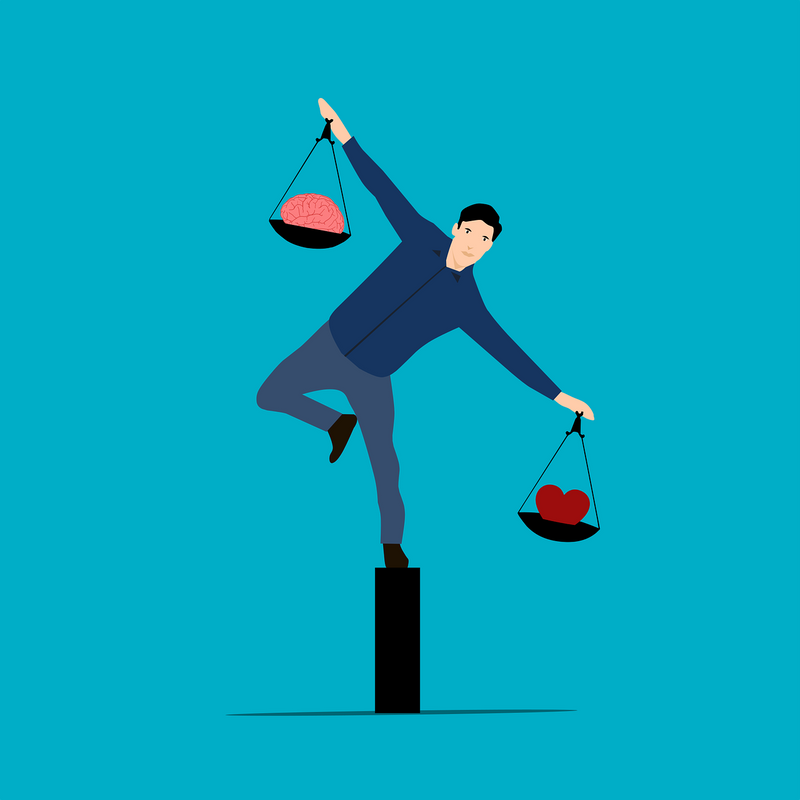 Image by Pixabay
Image by Pixabay
Negative reciprocity in personal relationships can happen for several reasons:
1. Self-interest or selfishness
Some people prioritize their own needs and wants without considering others. They might see relationships as a way to benefit themselves, not as mutual give-and-take.
2. Lack of awareness
At times, people don’t realize they’re being unfair. They may not notice how much they’re taking without giving back, especially if they’re used to being helped or supported.
3. Power imbalance
One person may feel more important or dominant in the relationship and believe they deserve more. This can lead them to take advantage of the other person.
4. Past experiences
Someone who grew up in an environment where taking was normal (e.g. they had to fight for attention or resources) might carry those habits into adult relationships.
5. Fear of vulnerability or commitment
Giving back in a relationship often requires emotional effort. Someone who fears closeness or vulnerability might avoid giving, while still accepting what others offer.
6. Testing boundaries
Some people may push limits to see how much they can get away with — especially if the other person rarely says "no".
Quiz
Maya always listens to her friend Jess’s problems and supports her emotionally. However, whenever Maya is upset, Jess quickly changes the subject. Jess doesn’t seem to realize that Maya feels hurt when this happens. What could be happening for Jess?
How does negative reciprocity affect relationships?
Negative reciprocity has the potential to make minor misunderstandings worse. It's like an ongoing cycle of hurt rather than healing.
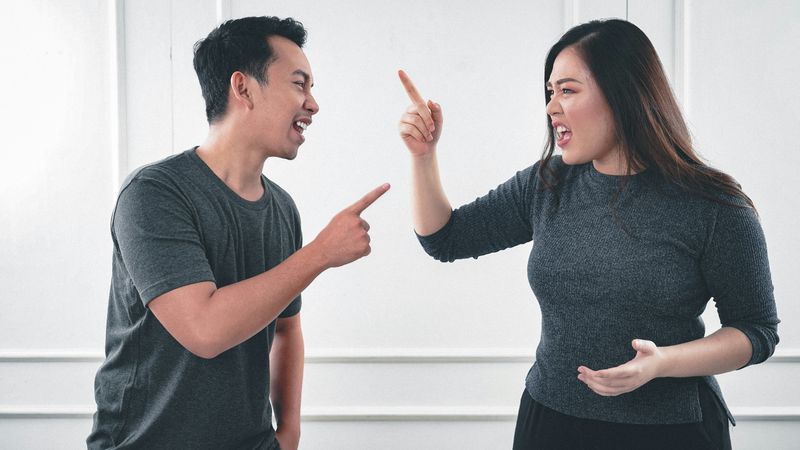 Photo by Afif Ramdhasuma on Unsplash
Photo by Afif Ramdhasuma on UnsplashHow negative reciprocity can affect your relationships with others:
Resentful feelings: You might hold onto anger, like when you’re still mad at a friend for canceling plans, so you snap at them later.
Lost trust: When someone betrays you, like sharing a secret, you might pull away or gossip about them, making it hard to trust each other again.
Poor communication: Instead of talking things out, you might lash out or give the silent treatment, leaving issues unresolved.
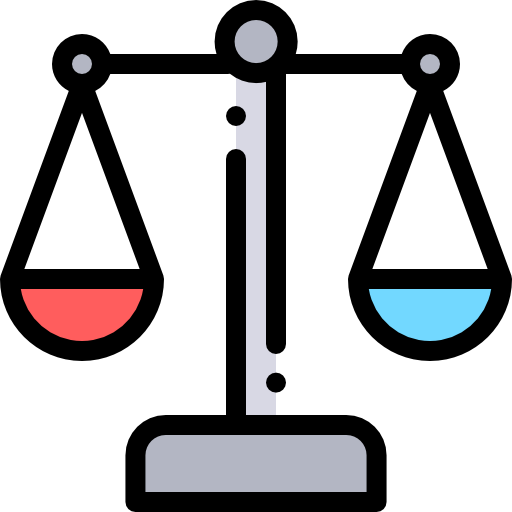
What happens when effort is shared?
In close relationships, balance matters — both people should give and take fairly.
When effort is shared equally, the relationship feels more respectful and supportive.
For example, if you and a friend take turns planning meetups or offering support, it creates a sense of mutual care.
This kind of balance helps prevent negative reciprocity.
When both sides feel valued and not taken for granted, the relationship is more likely to stay healthy and trusting.
How do I build strong, reciprocal relationships?
To avoid negative reciprocity in your relationships:
1. Communicate honestly.
Share how you feel without blaming.
Use “I” statements like: “I feel unappreciated when I’m always the one reaching out.”
2. Set clear boundaries
Say no when you’re being asked too much.
Let the other person know what you are and aren’t comfortable giving.
3. Give the other person a chance.
Step back a little — see if they reach out or contribute when you stop doing all the work.
This can reveal whether the relationship is mutual or one-sided.
4. Model the behavior you want.
Continue being fair and respectful in what you give.
Show what healthy reciprocity looks like without overextending yourself.
5. Reflect on the relationship.
Ask yourself: Is this relationship truly supportive, or just familiar?
Sometimes we keep giving because we fear losing the connection — even if it’s unhealthy.
6. Take a step back if needed.
If nothing changes, it’s okay to pull back or even let go of the relationship.
Prioritize relationships where effort, care, and support go both ways.
Quiz
Your sibling snapped at you for not doing the dishes. You feel hurt because you've been doing the dishes all week. What should you do next? Select all that apply:
Take Action
Ready to stop the cycle of negative reciprocity?
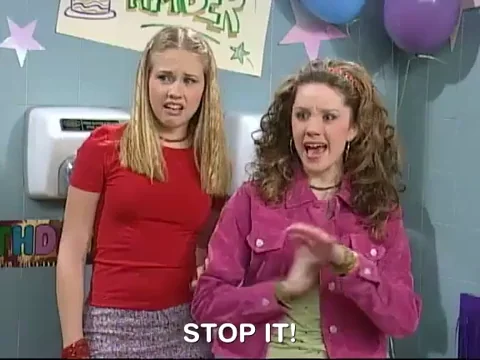 Try these extra tools and ideas:
Try these extra tools and ideas:
Your feedback matters to us.
This Byte helped me better understand the topic.


